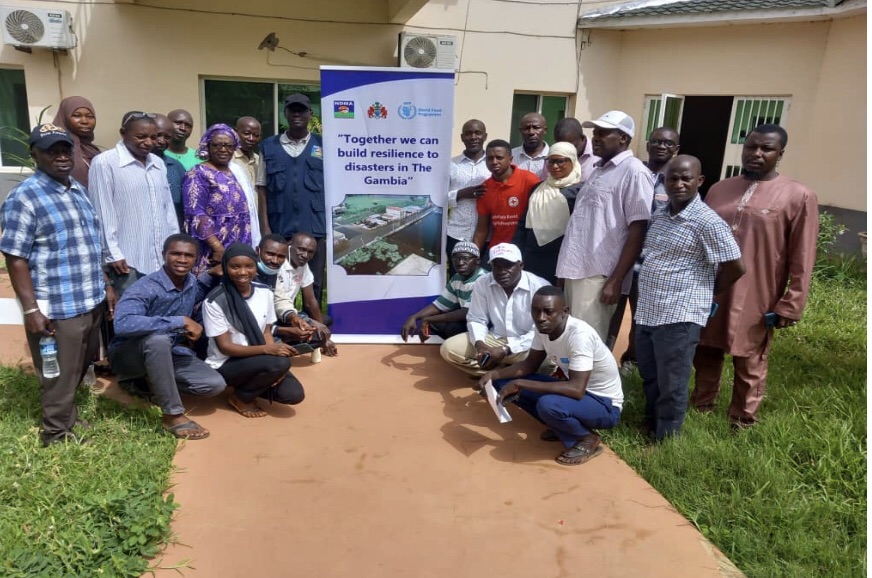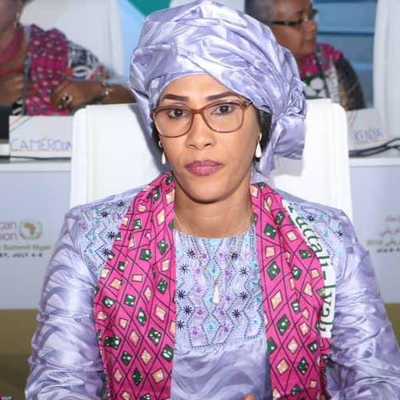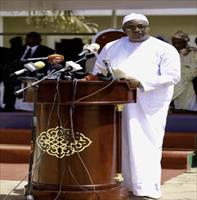By: Haruna Kuyateh

National Disaster Management Agency (NDMA) in partnership with the World Food Program (WFP) has embarked on a three-day sensitization training program organised for the Regional Disaster Management Committee on community-led disaster risk reduction. The training is currently underway in Kerewan, North Bank Region.
Ebrima Jammeh, the Senior Administrative Secretary at the Office of the Governor described the convergence as crucial.
He disclosed that some disasters are natural, and man-made, saying the event provided an opportunity to discuss the critical need for robust legal frameworks and effective disaster risk reduction strategies.
More so, he said, the sensitization on the framework would strengthen the collaborative efforts to mitigate the impact of disasters in the communities. The discussion centered on covering key vital disaster management, including the legislative frameworks that govern preparedness and response activities as well as legal instruments that can guide actions and enhance collaboration with global partners.
He noted that the training would enhance understanding of the legal frameworks, enhance disaster risk reduction, foster collaboration, and empower communities to enhance effective disaster management capabilities to ensure safety and security.
Baboucar Fofana, Monitoring and Evaluation Officer at NDMA said the training would strengthen the capacities of the Regional Disaster Management Committee to effectively execute responsibilities in a more accountable manner.
He went on that the key stakeholders anticipate that it will enhance capacity in disaster prevention, preparedness, mitigation, response, and recovery, but will also foster collaboration among stakeholders in disaster risk management.
The M and E officer emphasized that disasters are a result of climate change to prepare and respond to and recover from disasters, as well as to anticipate and prevent hazards risks.
Mbassi Sanneh, the Programme Officer at NDMA stressed the importance of community engagements during crisis management and called on stakeholders and members of the Regional Disaster Management Committee to be proactive to promote accountability and feedback mechanisms.
To enhance accountability, he said the community should hold aid workers accountable while challenging them to empower communities through promoting social justice.





